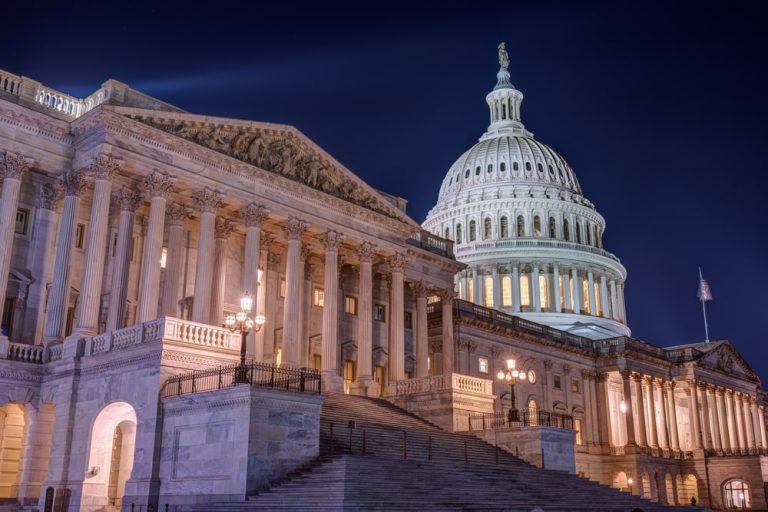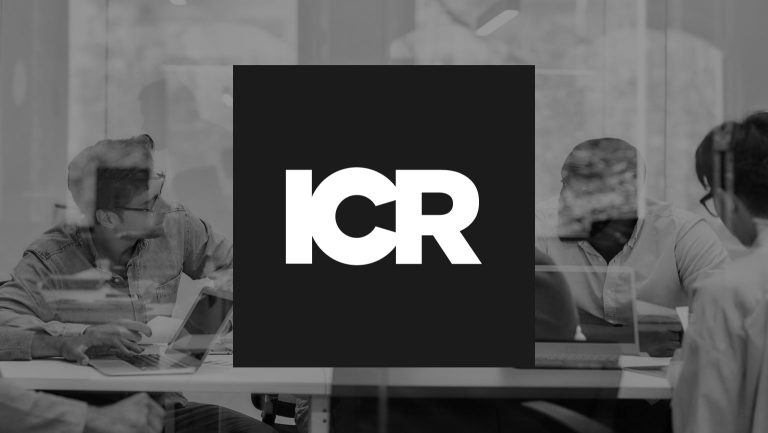There were nearly 16 trillion cryptocurrency transactions in 2021 — a 567% increase from 2020 totals. Given those numbers, the regulation of the crypto space is becoming increasingly important to stakeholders including issuers, exchanges, and investors.
To explore cryptocurrency regulation and public policy, we recently spoke with three notable leaders in the space: Jessica Renier, Managing Director of Digital Finance for the Institute of International Finance; Brian Quintenz, former Commissioner of the Commodity Futures Trading Commission (CFTC); and Troy Paredes, former Commissioner of the U.S. Securities and Exchange Commission (SEC).
In the fourth installment of our Digital Asset Series, they provided insights on what is currently influencing digital asset regulation and how it will continue to evolve into the future.
Digital Assets Defined
Part of the challenge in identifying which agencies have claim to regulatory jurisdiction around digital assets is that cryptocurrency is a new asset class that is still being defined. Is it a commodity? Money? A security?
“I can’t think of a circumstance or time under federal securities laws when that question has been so front and center, and the answer to it so uncertain and so consequential,” says Paredes. He goes on to explain that currently, there is no single answer, because the facts and circumstances that apply to any particular asset can vary considerably.
However, it’s an important question to consider, because the definition of a digital asset will determine how it will be regulated. Everything (e.g., a security, bank product, property, etc.) is subject to some regulatory regime, but compliance requirements change based on the regulatory agency.
Maintaining the Benefits of Tokenization
As former commissioner of the CFTC, Quintenz has seen many fraudulent schemes in the crypto space, pointing toward a need to protect customers. However, developing that system will require a delicate balance.
“What I don’t think anyone who cares about crypto wants is to see a regulatory system be imposed upon it that, in the name of protecting customers and preventing fraud, eliminates all the benefits of tokenization and blockchain-based transactions,” says Quintenz.
He goes on to explain that some people view tokenization as essentially the next iteration of the internet. Through tokenization, individuals have the ability to own their participation in networks and their digital intellectual property.
“As long as we find some system that doesn’t destroy that benefit, while also adding market integrity and customer protection, I think we’ll be better off,” he says.
Global Regulation
The U.S. isn’t the only country grappling with the issue of regulation — some banning it altogether while others fully embracing it as legal tender. In regard to stable coins in particular, there have been differing approaches across the globe. Some see and treat stable coins as e-money; others as money market funds; still others as bank deposits.
Across the board, however, there is a widespread realization that we are dealing with much more than simply a new financial instrument that’s entered the market.
“It’s clear to me that digital assets and blockchain technology are here to stay,” says Renier. “But like any new technology, it most solve a clear economic problem in order to get the traction to scale.” She explains that like any new financial instrument, we will see some succeed and many fail— a nd that’s simply to be expected.
However, given that volatility, financial institutions have a critical role to play as trusted stewards, intermediaries, innovation partners, and regulators. “We can’t shrink away from those things; we have to forge forward being keenly aware of those risks,” she says.
Where Does Regulation Need to Go From Here?
To date, the SEC has been particularly focused on the risks and concerns surrounding digital assets, such as fraud, transparency, and integrity to markets. It has focused much less on providing additional certainty and predictability to the market, what is a predicate for opportunities to flourish.
“Now the question becomes how we meet legitimate regulatory objectives while at the same time fostering innovation in productive ways?” says Paredes.
The SEC will likely continue to play a key role in digital asset regulation, although as the definition of the asset class continues to evolve, other authorities and agencies will likely develop guidance and regulations, as well. For deeper insight into the regulatory landscape, listen to the full discussion by watching the replay, “ICR Digital Asset Series | Part IV | Crypto Regulation.”



